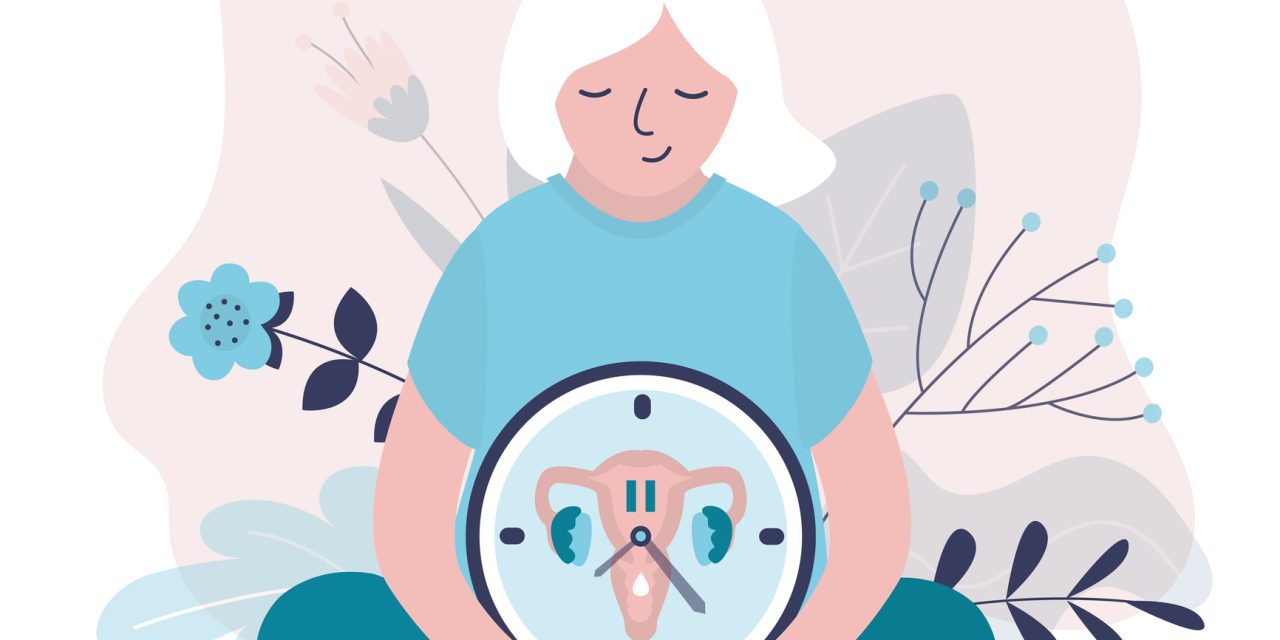The objective of our study was to explore the views and perceptions of female patients attending the obstetrics and gynecology (OB/GYN) outpatient department towards the gender of their healthcare provider, to look for any preference that might exist in this regard, and to highlight any discrimination towards male obstetricians/gynecologists.
A cross-sectional study was conducted from November 2020 to March 2021 at Combined Military Hospital, Lahore. A total of 280 female patients were included in the study and interviewed consecutively. A self-designed questionnaire was administered. Data were analyzed using Statistical Package for Social Sciences (SPSS) version 22 (IBM Corp., Armonk, NY). Chi-square test was used to determine for any statistical significance and p≤0.05 was considered significant. Numerical data were represented as percentages.
Over 280 female patients participated in our study, out of which 132 were married and 148 were single. Thirteen of these patients were uneducated, 40 had completed high school and 227 patients had obtained a bachelor’s level of education; 120 patients were aged 15-25 years, 95 patients were aged 26-35 years, 30 patients were aged 36-45 years, and 35 patients were aged >46. Women with less education preferred to be seen by a female obstetrician/gynecologist, whereas those with higher education were less biased (p=0.0001). Married patients preferred to be seen by female obstetrician/gynecologists as compared to single patients (p=0.0004). A significant proportion of females were impartial in terms of physician competence but those who did have a preference preferred female obstetrician/gynecologist based on three significant variables: competence, rapport building and empathy, and personal comfort.
A female gender preference exists in obstetrics and gynecology clinic attendees. This is significant in those who are married and those with no formal education. Overall, a significant proportion of women feel a higher comfort level with female doctors and find it easier to discuss their medical issues and develop rapport.
Copyright © 2021, Riaz et al.
Physician Gender Preference Amongst Females Attending Obstetrics/Gynecology Clinics.


